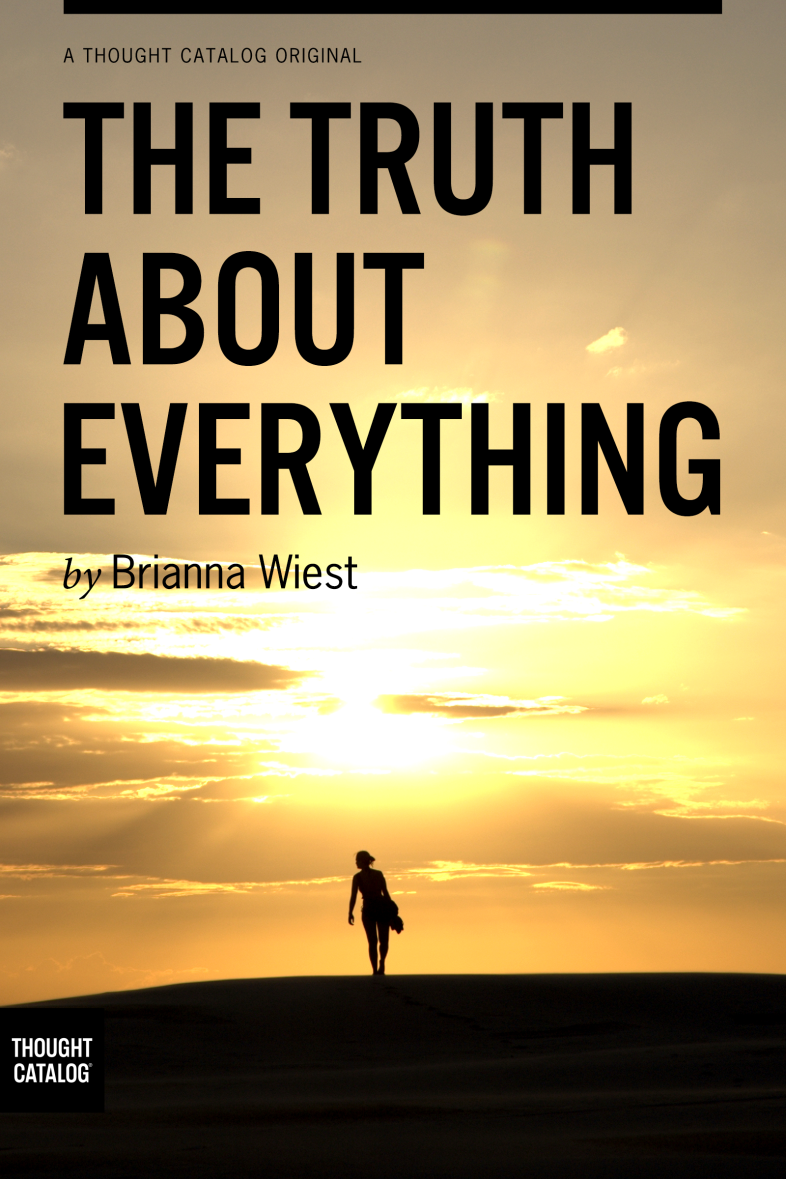
Attractive People Are Not Necessarily The Luckiest In Love, But Here Are 9 Traits Of People Who Are
But have you ever mentally surveyed all the people you know who are coupled vs. the people who aren’t? All the people who are in long-term relationships vs. the people who aren’t? Hell, all the people who genuinely feel and exchange love and care, and don’t?

We have a very unfortunate belief that only attractive people find and have love, and that the degree to which you are more objectively attractive is equivalent to the increase in likelihood that someone will love you. It makes sense on the surface. But have you ever mentally surveyed all the people you know who are coupled vs. the people who aren’t? All the people who are in long-term relationships vs. the people who aren’t? Hell, all the people who genuinely feel and exchange love and care, and don’t?
You’ll quickly realize that attractiveness has almost nothing to do with it. And maybe that’s what we’re actually afraid of: if love is more about who we are than how we look, we’re no longer in control of whether or not we’re going to get it. (Ah, that good ol’ human condition thing again.) But there is a light at the end of that particularly unsettling tunnel: there are traits common to people who have love (or, at least, have better luck in finding love) and interestingly enough, embodying them never has anything to do with becoming more of who you aren’t, but more of who you are.
1. General approachability, or in other words, a willingness to say “hi” first.
You know the campus heartthrob who remained single for three and a half years because they just seem “too good” to get? (Yeah. I know you do.) General approachability is comprised of just being good at small talk, friendliness, and willingness to reach out first. It’s so minuscule, and yet it’s the make-or-break for so many people.
2. The ability to accurately interpret how others may be perceiving you.
Most people are really, really bad at this, and a lot of their anxiety is born of assuming people are thinking the worst of them always (spoiler: it’s you thinking the worst of you, that’s all). But being able to understand how you are perceived is just being able to evaluate a social setting and then see how your actions, expressions and impulses differ or don’t differ to the groups’, as well as being conscious of people’s subtle reactions and responses to you. This is absolutely essential to navigating that first mysterious phase of a relationship.
3. Not needing to be “right” all the time.
When your sense of self is very fragile, you usually require (and thrive) off of situations that insulate your worldview. You require external affirmation to feel validated, so your opinions, thoughts and ideas can’t healthfully coexist next to someone else’s. This means you’re pretty unable to listen objectively, communicate well, or appreciate someone for who they are as opposed to what you need them to be.
4. A willingness to get hurt.
Being willing to get hurt is synonymous with being willing to try. You can’t put your heart into a relationship while trying to preserve the safety of it as well. You’ll only be giving bits and pieces of yourself, and ultimately, you’ll feel as though someone else entering your emotional safe zone is threatening, and they’ll feel as though you’re not being yourself. Either way, it’s doomed.
5. Being conscious of what your biggest personal issues are.
People who aren’t aware of what they struggle with the most are the ones who let it wreck their relationships. This is because when you put so much energy into resisting or suppressing a particular thought or emotion, many different parts of an intimate relationship can be triggering, and you’ll take it out on the other person.
6. The ability to be okay with uncertainty.
Nobody likes being unsure, but some people handle it better than others, and to much more fruitful ends: if you only act on what you know “for sure,” you’ll only ever go after people who you know definitely like you (even though the person you’re lusting after just hasn’t made it apparent) or you’ll only date within your predisposed idea of a “type,” which could close you off to someone better than you’d think for yourself.
7. A general habit of seeking out the best in people, not the almost-good-enough.
Most people are on auto-pilot to hunt out other people’s weaknesses (it’s a weird survival thing, I don’t know) and what that leads to is just building ideas of people off of why they’re “lesser.” I think this goes without saying that this is both at ends with the kind of acceptance a romantic relationship requires, and that seeking the best in others is akin to just having an open heart.
8. Knowing why certain relationships previously failed, knowing why others definitely worked, and being able to talk about both of these things without being triggered.
You’re over a relationship when you’re at the point of dissecting behaviors and conflicts not as ammo against someone, but as material to graft into a new understanding of yourself. Knowing what works and what doesn’t is important, because knowing who you are is one thing, but knowing who you are in the context of a relationship with someone else is another.
9. Loving more than just the idea of yourself.
A lot of people who think that they “love themselves” just really love a very particular idea (or set of ideas) they have about themselves. For instance: they love themselves because they’re fit, or because they have a certain job, or because their interests can easily be defined on a 140-character bio. This is not real love. This is conditional acceptance on which their egos thrive. The reason why people who love just the idea of themselves usually struggle in relationships is because they have yet to explore who they genuinely are (for fear of how much of their lives will have to collapse to do so) and so they choose relationships based on the idea, rather than the reality. ![]()












